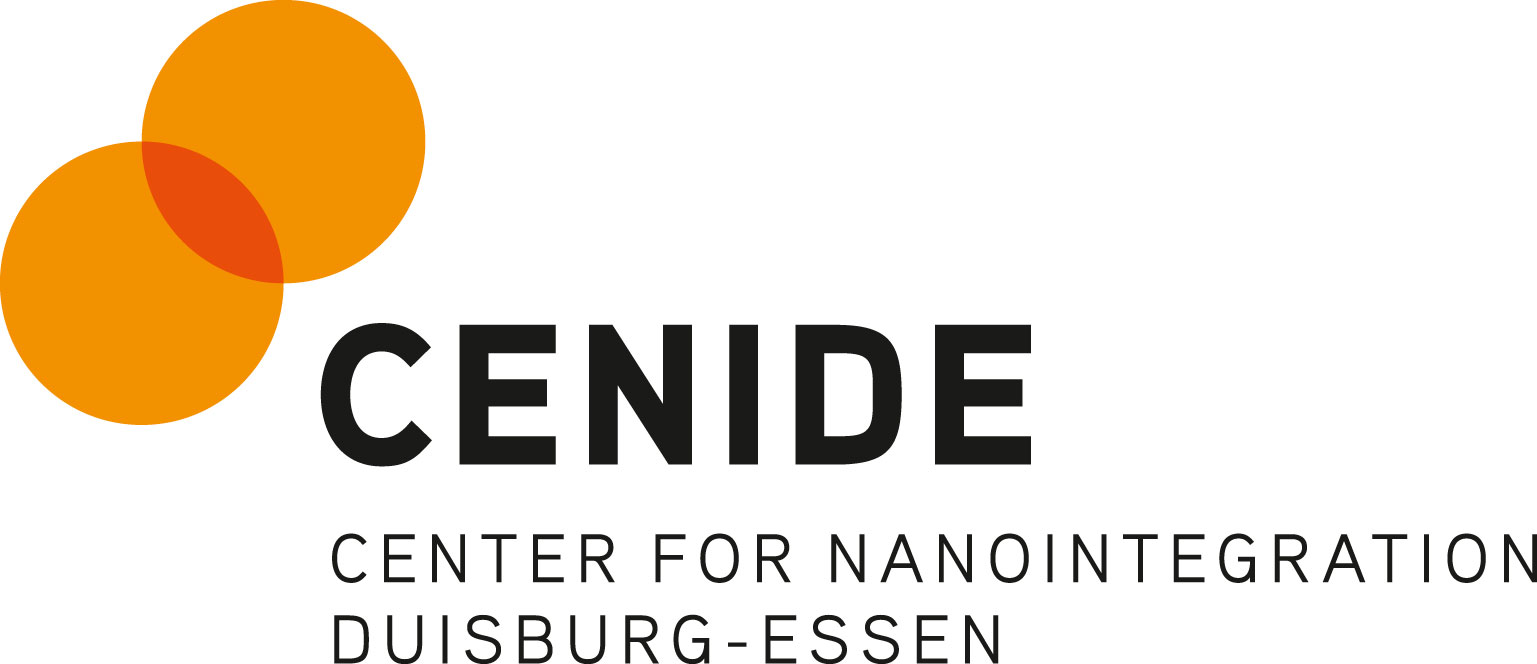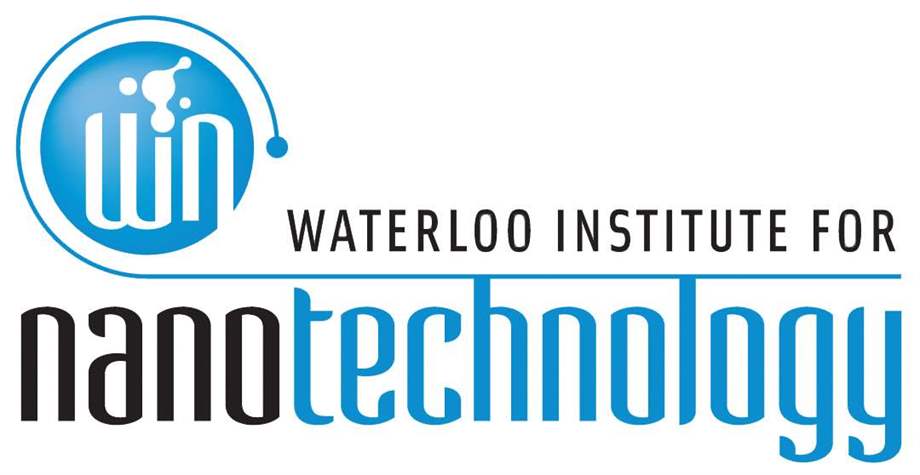Scalable 2D-Materials Architectures (2D-MATURE)
DFG International Research Training Group (IRTG 2803) and
NSERC Collaborative Research and Training Experience (CREATE)
Project Summary
Background
This project is inspired by the Nobel Prize-winning discovery of the graphene, a 2D crystal of carbon having a thickness of only one atom. The superior and, often, unique properties of graphene and related 2D materials opens up seemingly endless possibilities for industry and could revolutionize a wide range of electronic applications. Their technological implementation, however, is lacking behind due to a considerable gap in both scalable processing technologies and device architectures as well as fundamental understanding of associated interfacial phenomena.
Aim
The main goal of 2D-MATURE is to establish a comprehensive view on scalable synthesis and processing routes for 2D materials units to develop a profound understanding of the emerging functionality. We will enable and test their applicability in practical showcase devices, like super-capacitors, batteries, light sensors and light emitting devices, with the intention to transition new 2D materials out of the laboratory and into the marketplace.
Approach
2D-MATURE will address these challenges through cutting-edge research on 2D nanomaterials, and by training the next generation of scientists and engineers to exploit these materials for a myriad of applications.
Research Objectives
Our multidisciplinary team of world-leading researchers will leverage the complementary state-of-the-art research facilities and our theoretical knowledge-based approaches to advance the following objectives:
- Develop scalable synthesis and processing routes for 2D materials with high yield and control
- Characterize, understand and manipulate their interface-controlled functionality
- Implement 2D materials and combinations thereof in realistic device architectures and demonstrate showcase applications in optoelectronics and energy storage
Training Objectives
Through the training program of 2D-MATURE, the next generation of researchers will be trained within an enriching interdisciplinary, international, and intersectoral environment, tightly supervised by world-leading experts that provide knowledge and skills in high demand by academia and the industry 4.0 workplace. PhD candidates will receive instruction in project management, technical communication, intellectual property rights, commercialization, manufacturability, and life-cycle analysis addressing issues of sustainability.
People and Institutions
Research and training will be carried out by a collaborative team of Principal Investigators (PIs) representing the disciplines of electrical, mechanical and chemical engineering as well as physics and chemistry from the University of Duisburg-Essen (Germany), and the University of Waterloo(Canada). Both institutions host leading international centers for nanotechnology research with a long tradition of connecting fundamental and engineering science. The team is completed by one PI from the RWTH Aachen University (Germany). 2D-MATURE will benefit from the applicants’ unique expertise and their institutions’ cutting-edge facilities, and also build on existing partnerships to industry and non-university research centers.



